The crypto trading landscape has evolved dramatically over the past few years, and choosing the right platform can make or break your trading experience. With so many options out there, it's honestly overwhelming to figure out which one suits your needs best. Today, we're diving deep into the top 5 crypto trading platforms that have been making waves in 2025 - ByBit, OKX, Binance, Coinbase Pro, and KuCoin.
Whether you're a complete beginner who's just starting to dip their toes into crypto waters or a seasoned trader looking for advanced features, this comparison will help you understand what each platform brings to the table. Let's be real - there's no "perfect" platform that works for everyone, but there's definitely one that'll work best for your specific trading style and goals.
What Makes a Great Crypto Trading Platform?
Before we jump into the nitty-gritty of each platform, let's establish what we should be looking for. A solid crypto exchange needs to tick several boxes: security (because nobody wants to lose their hard-earned crypto), user experience (trading shouldn't feel like rocket science), fees that won't eat into your profits, a decent selection of cryptocurrencies, and customer support that actually responds when things go wrong.
- Security features including 2FA, cold storage, and insurance coverage
- Competitive trading fees and transparent fee structures
- User-friendly interface that doesn't require a PhD to navigate
- Wide variety of supported cryptocurrencies and trading pairs
- Reliable customer support and educational resources


1. Binance - The Heavyweight Champion
Let's start with the elephant in the room - Binance. This platform has been dominating the crypto space for years, and there's a good reason why. With over 350 cryptocurrencies available and some of the lowest fees in the industry, Binance has built quite a reputation. Their spot trading fees start at just 0.1%, which drops even lower if you're holding BNB tokens or have higher trading volumes.
What really sets Binance apart is the sheer amount of features they offer. We're talking spot trading, futures, options, staking, savings accounts, NFT marketplace, and even their own blockchain. It's like the Swiss Army knife of crypto platforms. However, this can be a double-edged sword - the interface can feel pretty overwhelming for newcomers.
Binance's extensive feature set makes it a one-stop-shop for crypto enthusiasts, but the learning curve can be steep for beginners who just want to buy and hold.
Crypto Trading Community
The mobile app is solid, though it took me a while to get used to all the different sections. Security-wise, they've got most bases covered with 2FA, withdrawal whitelisting, and they keep most funds in cold storage. The customer support can be hit or miss though - sometimes you get help quickly, other times you're waiting for days.
2. ByBit - The Derivatives Specialist
ByBit has carved out its niche as the go-to platform for derivatives trading, and honestly, they've done a pretty good job at it. If you're into futures and perpetual contracts, this is where you want to be. Their trading engine is lightning fast, which is crucial when you're dealing with high-leverage positions where every millisecond counts.
The platform offers up to 100x leverage on certain pairs, which sounds exciting until you realize how quickly you can get liquidated. Their fee structure is competitive too - maker fees are actually negative (they pay you), while taker fees sit at around 0.075%. The interface is clean and purpose-built for derivatives trading, making it easier to manage complex positions.
- Excellent derivatives trading platform with high leverage options
- Fast execution speeds and reliable uptime during volatile markets
- Comprehensive risk management tools and position calculators
- Limited spot trading options compared to other platforms
- Strong focus on education with trading guides and tutorials
One thing I appreciate about ByBit is their commitment to education. They've got tons of resources to help you understand derivatives trading, which is crucial because this stuff can get complicated real quick. The customer support is generally responsive, especially for urgent trading issues.
3. OKX - The Well-Rounded Contender
OKX (formerly OKEx) has been flying under the radar for some people, but it's actually a really solid platform that deserves more attention. They offer a good balance between advanced features and user-friendliness, making it suitable for both beginners and experienced traders. The spot trading fees are competitive at 0.1% for both makers and takers, with discounts available based on your OKB holdings.
What I like about OKX is how they've organized their interface. Everything feels intuitive, and you can easily switch between different trading modes without getting lost. They support over 300 cryptocurrencies and have a robust derivatives section if that's your thing. The mobile app is particularly well-designed - it's one of the smoother experiences I've had trading on mobile.

Security is taken seriously here with multiple layers of protection, and they've never had a major security breach, which gives me confidence. The customer support team is pretty responsive, though not quite as fast as some of the bigger players. They also offer some interesting features like copy trading, where you can automatically copy the trades of successful traders.
4. Coinbase Pro - The Regulated Heavyweight
Coinbase Pro (now integrated into the main Coinbase platform) represents the more traditional, regulated approach to crypto trading. If you're someone who values regulatory compliance and doesn't mind paying slightly higher fees for that peace of mind, this might be your platform. The fees start at 0.5% but can go as low as 0.05% for high-volume traders.
The platform is incredibly user-friendly, which makes sense given Coinbase's focus on bringing crypto to the masses. The interface is clean, straightforward, and you're not bombarded with a million different options. This can be both a pro and a con - great for beginners, but advanced traders might find it limiting.
What sets Coinbase apart is the regulatory compliance and insurance coverage. Your funds are insured up to $250,000, and they're properly licensed in most jurisdictions where they operate. The selection of cryptocurrencies is more limited compared to other platforms, but they carefully vet each addition, which reduces the risk of trading questionable tokens.
5. KuCoin - The Hidden Gem
KuCoin has been quietly building a solid reputation as a platform that offers a good mix of features without being overwhelming. They've got over 700 cryptocurrencies available, including many smaller altcoins that you won't find on other major exchanges. The trading fees are competitive at 0.1%, and they offer various ways to reduce them further.
One thing that stands out about KuCoin is their innovative features. They were early adopters of things like crypto lending, staking pools, and they have a pretty active futures market. The platform also offers a unique feature called "KuCoin Earn" where you can earn passive income on your holdings through various DeFi protocols.
- Massive selection of altcoins and trading pairs
- Innovative features like automated trading bots and lending
- Competitive fees with multiple discount opportunities
- Good mobile app with all major features available
- Active community and regular promotional events
KuCoin's strength lies in its extensive altcoin selection and innovative features, making it a favorite among traders looking for the next big opportunity.
Altcoin Trader Review
Making the Right Choice for Your Trading Style
So which platform should you choose? Honestly, it depends on what you're looking for. If you're just starting out and want something regulated and user-friendly, Coinbase Pro is probably your best bet. For maximum features and lowest fees, Binance is hard to beat, but be prepared for a steeper learning curve.
If derivatives trading is your thing, ByBit is the clear winner with its specialized tools and fast execution. OKX offers a nice middle ground with good features and reasonable fees, while KuCoin is perfect if you're hunting for those hidden gem altcoins or want to explore some innovative DeFi features.
Remember, you don't have to stick to just one platform. Many experienced traders use multiple exchanges to take advantage of different features, better prices, or coin availability. Just make sure you're comfortable managing multiple accounts and keeping track of your assets across different platforms.
The crypto trading landscape is constantly evolving, and these platforms are continuously adding new features and improving their services. What works best today might not be the best choice six months from now, so stay informed and don't be afraid to switch if a platform no longer meets your needs.
Whatever platform you choose, remember that the most important factors are security, reliability, and how well it fits your trading style. Start small, learn the ropes, and gradually increase your activity as you become more comfortable with the platform and crypto trading in general. The world of crypto can be exciting and profitable, but it's also risky, so never invest more than you can afford to lose.
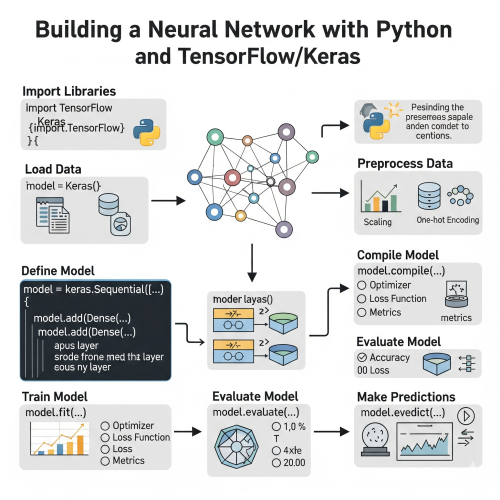
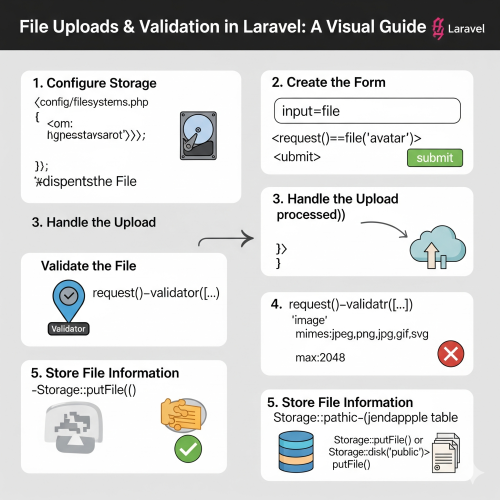

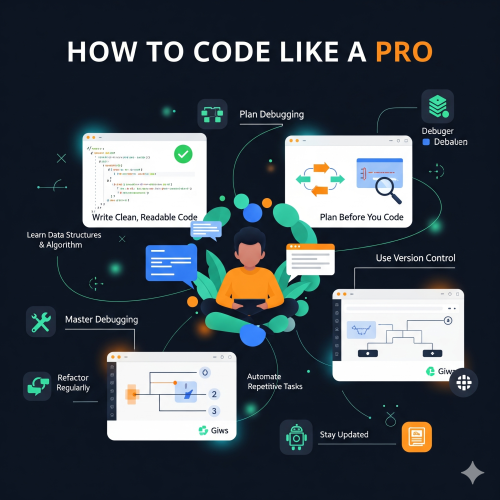
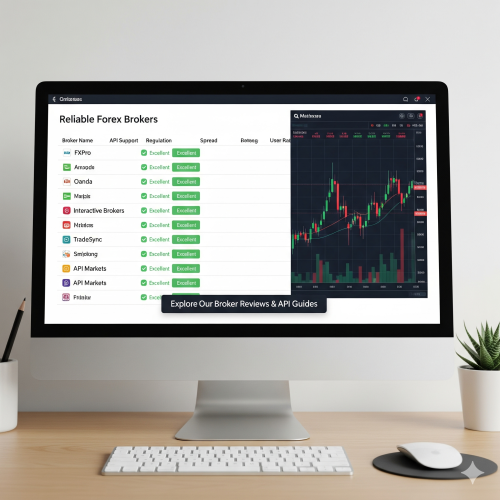
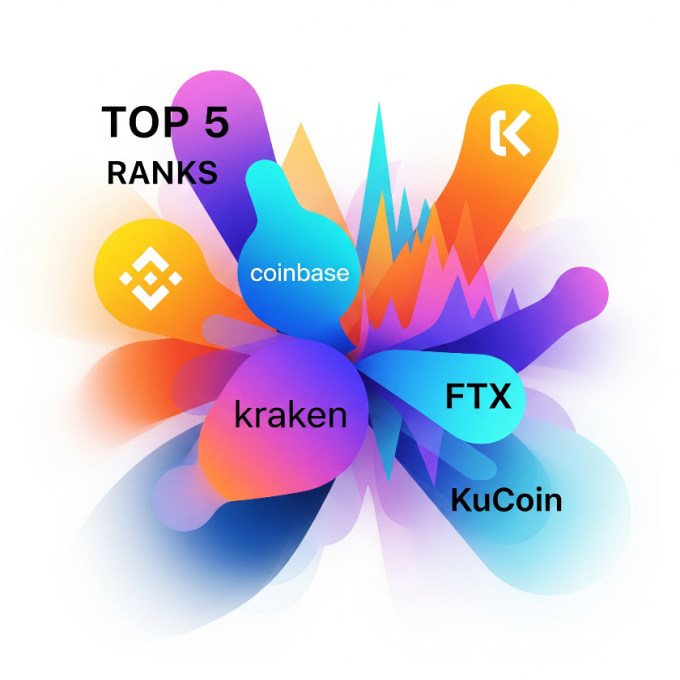
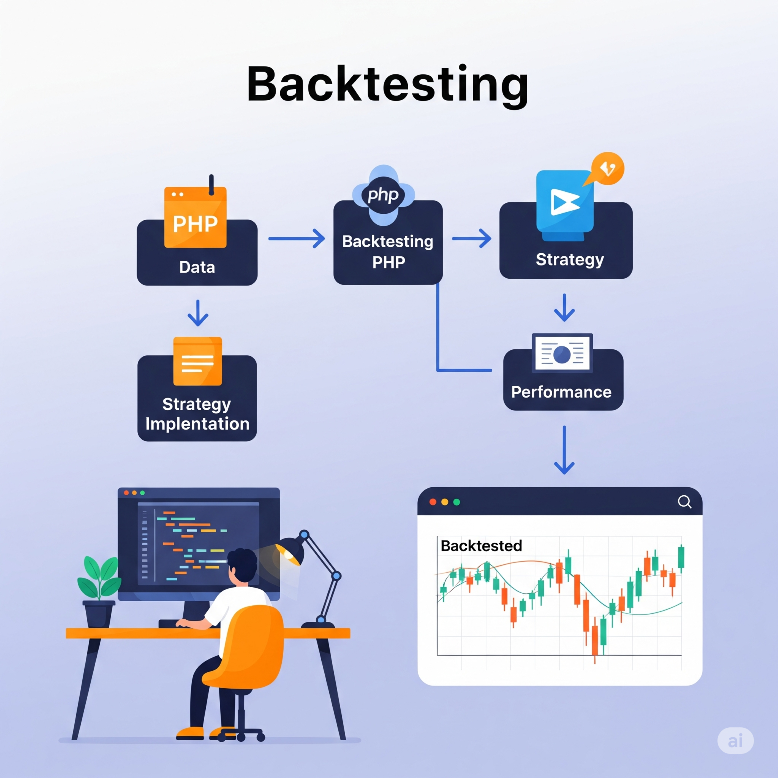
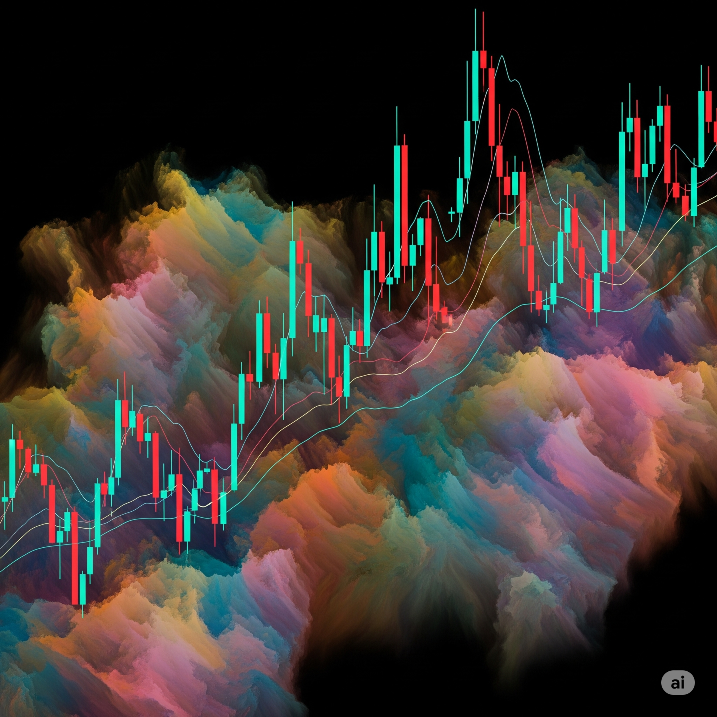

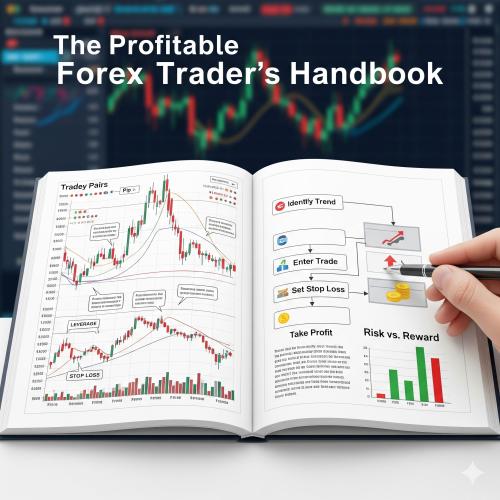
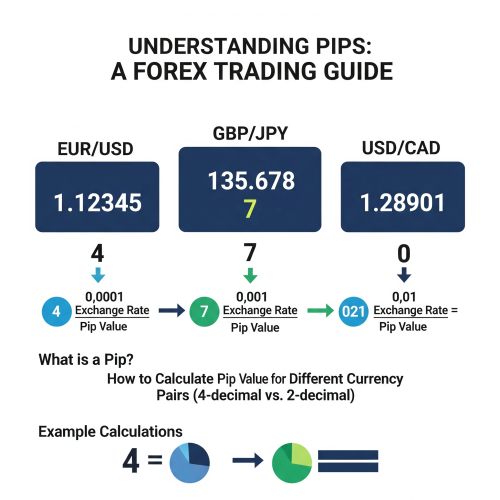

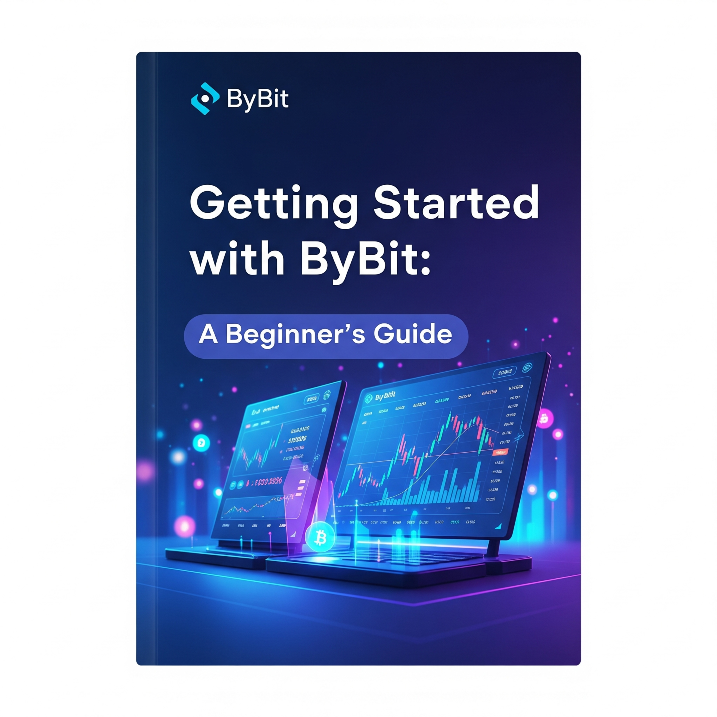


0 Comment